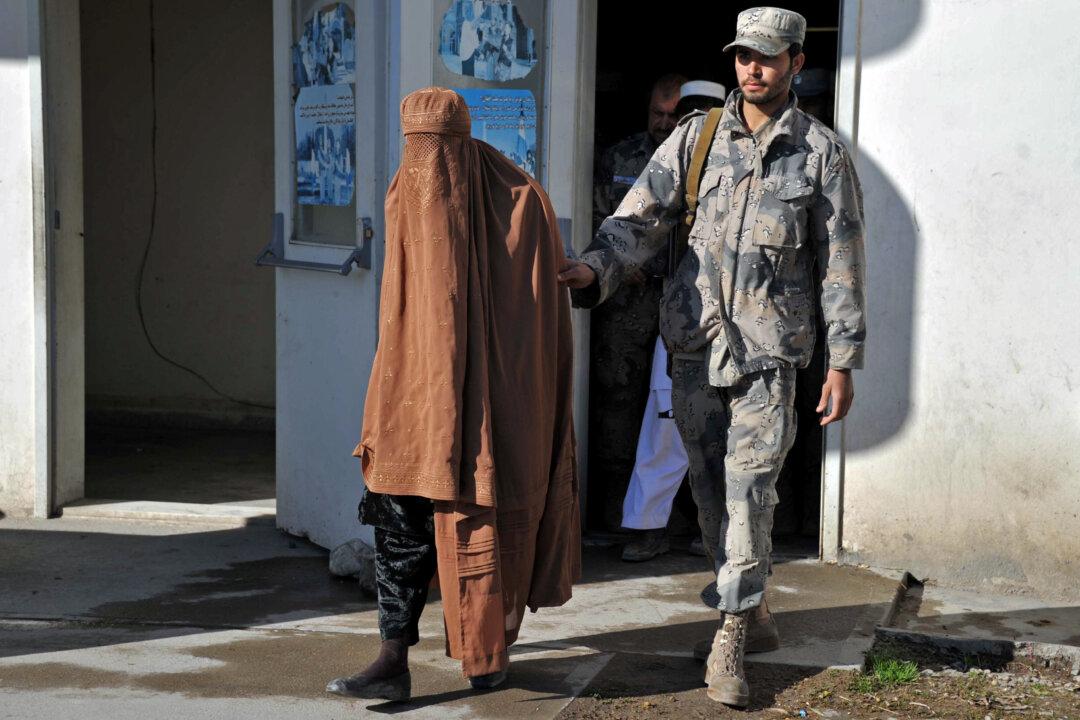Sri Lanka has banned burqas and other attire that cover the face in public following the coordinated Easter Sunday attacks across the country that killed at least 253 people and injured more than 500.
The Sri Lankan government issued a decree on April 28 which read, “Wearing garments that cover the face completely will be banned from tomorrow, to ensure public safety.”





